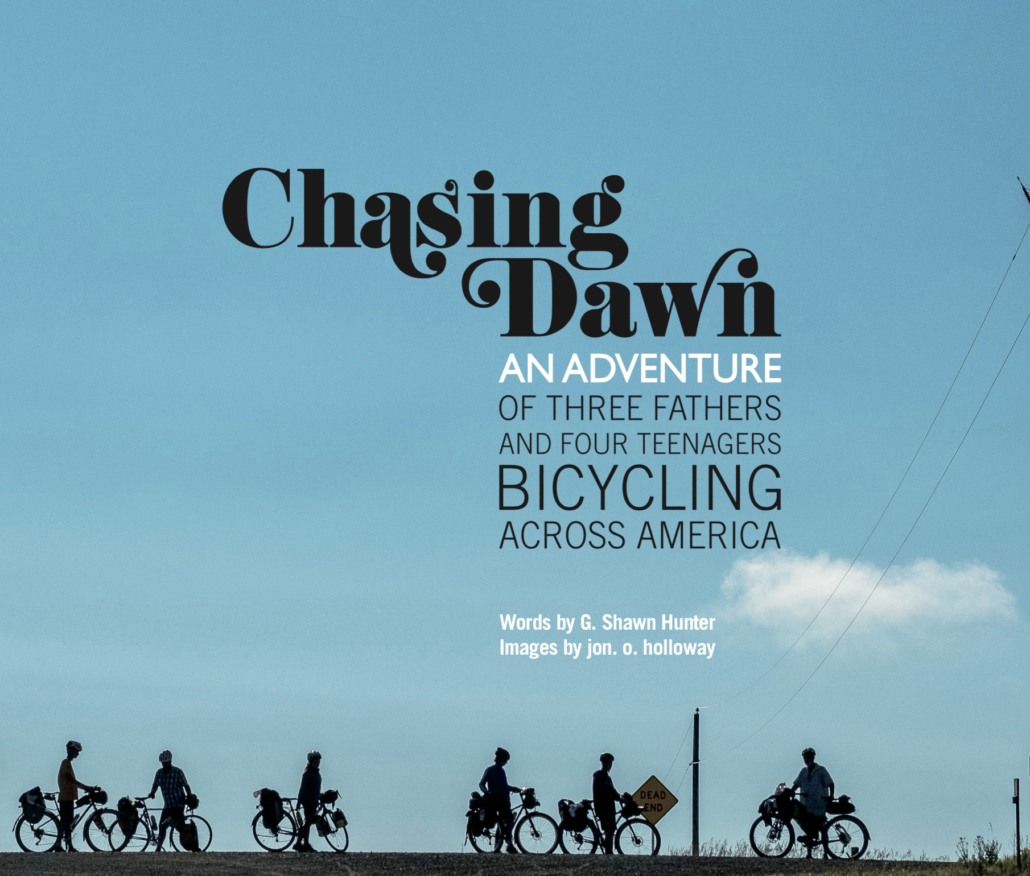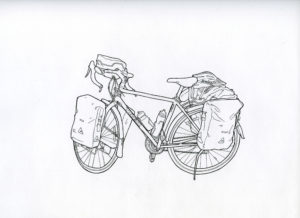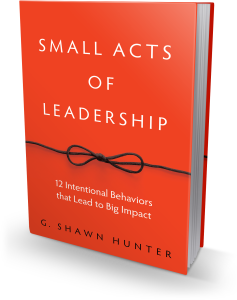Striving for *Best* is Killing Your Mojo. Choose Good Enough.
Have you purchased something recently? Something major like a new laptop, a car, a bicycle, or even a minor thing like a toaster, or a shirt? And when you bought it, did you pore over the reviews and try to pick the very best one, with the most options, coolest color, or lightest design?
If you struggled through the decision process before your purchase, you are more likely to keep looking around even after you bought it, and more likely to have buyer’s regret about your purchase later. You know that feeling after you bought a Toyota. You start to see them everywhere. You also see the competitors you thought about, but didn’t buy. There’s always a better camera, a faster processor, a brighter shade of blue.
Between 1975 and 2008, the number of products in the average supermarket swelled from about 9,000 to almost 47,000. If you go to a supermarket today, you will be confronted by up to 80 types of cookies to choose from, and up to 100 types of toothpaste. Crest alone has 61 varieties depending on whether you are interested in breath quality, whitening, gingivitis, sensitive gums, soft enamel, or even if you’re over 50 years old. Seriously 61.
I’m talking about the tyranny of choice, the curse of options. If you are presented with 61 flavors of ice cream, you are more likely to make a slower choice, and a choice that you are more likely to regret, than if you are presented with 5 options. There is a price we pay for all those choices. The price is not just the time you spend anxiously deciding, but the nagging suspicion that you may have made a wrong choice.
Sheena Iyengar, author of The Art of Choosing, did a little study in which she and her students set up a jam and cracker tasting table at a grocery store. In one version of the tasting, they offered 6 different jams for people to taste. In the second version, they offered 24 different types of jam. After the first tasting, 30% of people bought a jar of jam. After the second tasting, only 3% bought a jar. More choice can lead to paralysis, indecision.
We worry that each choice we make says a little something about who we are. Each selection is a small reflection of what we believe, what we hold dear. What if we make the wrong choice? We’re not perfect, and we sometimes beat ourselves up trying to be stronger, sharper, more present, more focused, more caring. We should be more compassionate to ourselves, and we shouldn’t punish ourselves by over-evaluating our choices. After all, we’re constantly changing anyway.
The word is satisficing. It means choosing something that’s good enough, will do the job, will suffice. Those who try to maximize every single choice are likely be less happy about their choices, and less happy about themselves. They also tend to be perfectionists.
Comparison is the death of joy.
– Mark Twain
- ____________________________________________________
Shawn Hunter is President and Founder of Mindscaling, a company building powerful human and digital learning experiences based on the work of best-selling authors. My new book Small Acts of Leadership, is a Washington Post bestseller! You can grab a copy now. Have a meeting coming up? Let’s talk.
Last summer, my son and I bicycled across America with two other dads and their teenagers. We published a new book about it called Chasing Dawn. I co-authored the book with my cycling companion, the artist, photographer, and wonderful human jon holloway. Grab a copy. I’ll sign it and send it to your doorstep.



 Shawn Hunter is President and Founder of
Shawn Hunter is President and Founder of